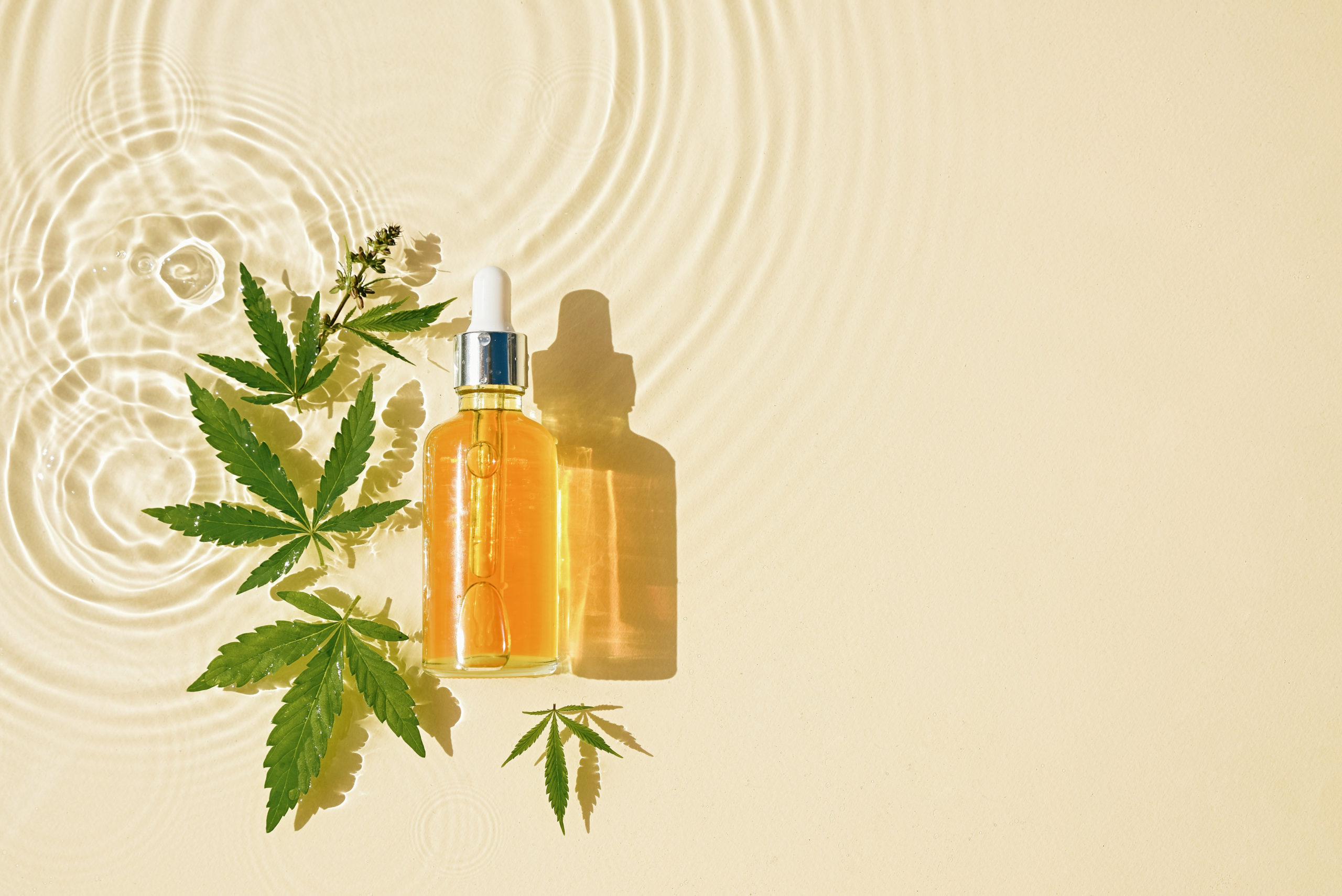It’s no secret that CBD is increasing in popularity—the market is expected to surpass roughly 48 billion in revenue by 2028.
In response to this high demand, plenty of snake-oil salesmen are hawking bad products on the cheap. These products are crowding shelves, causing people to think they deliver the same benefits as a high-quality CBD product.
This has major implications for the health of the consumer, the environment, and the overall reputation of the CBD space. Unsustainable farming, poor packaging, and cheap ingredients all bring negative consequences down the line.
Consumers deserve better. So if you’re thinking about developing your own custom CBD products, here are some things to keep in mind.
Why sustainability matters in CBD sourcing
Sustainability is a fraught topic. It means different things to different people, and it’s easy to get wires crossed.
In the wellness sector, it’s important to break down the types of sustainability that matter:
- Environmental sustainability involves the farming, packaging, and disposal practices that result in damage to the climate
- Resource sustainability involves being good stewards of the assets at your disposal and reducing waste
- Health sustainability involves creating a product that will benefit the wellness of the customer long-term
CBD sourcing touches all three of these areas, and it’s important to be aware of all of them.
What’s more, these categories aren’t mutually exclusive. For example, careful ingredient sourcing—not just in hemp products, but any other ingredient you include in your creams and balms—can help drive sustainability in all three categories.
Unfortunately, much of the commercial cannabis industry has embraced mass production with all its flaws. Commercial growers often use artificial pesticides and harmful growing practices to boost sales and increase crop yields. These practices contribute heavily to waste and pollution, causing irreversible impacts on both the environment and human health.
By combating these regrettable trends, you can make a positive impact on the environment and the health of your consumers (which, after all, is why you’re selling them wellness products, right?).
How can sustainable CBD sourcing benefit your business
In many conversations surrounding sustainability and corporate responsibility, there’s a false dichotomy between the social and economic benefits of sustainable practices.
The good news: you don’t have to choose between the two. From a branding and marketing perspective, it always pays to source sustainably.
Don’t just take our word for it: a recent study found that, 37% of U.S. consumers prioritize sustainability when making buying decisions. Additionally, they will back it up with their wallet, with 30% of consumers willing to pay a premium for products that deliver on sustainability claims.
Granted, there’s an upfront investment involved. But the impact on your brand and reputation will definitely generate a positive return.
What does sustainable CBD sourcing look like in practice?
The most effective approach to sustainable CBD sourcing is to incorporate all three types of sustainability mentioned above. But what does that actually look like in practice?
Let’s explore three key ways to develop sustainability built into a CBD product:
● Reduce the amount of plastic packaging you use (as most “recycled” plastic never makes it through the process)
● Reduce the use of chemical fertilizers and pesticides during the planting and growing processes
● Reduce the number of harmful chemicals introduced into your products
1. Sustainable packaging
Packaging is one of the most important factors in offering a sustainable product. Unfortunately, most single-use plastic packaged most often finds its way to a landfill, not a recycling center.
As such, if you truly want to be sustainable, it’s important to incorporate materials, like glass, that maintain the product’s purity while maintaining sustainability. Offering a refill program for existing packaging can be a great way to reduce production costs and resource waste.
When working with a white-label partner, it is essential to choose a transparent company that is committed to eco-friendly production practices. That way, there’s no question that you’re providing a top-notch product.
2. Farming practices
Farming practices are a key factor in the sustainability of a product, especially with CBD. Harsh agricultural practices over time can strip the soil of natural nutrients, hampering future operators’ ability to maintain production.
Farming practices that replenish and repair soil in between crops can keep the operation from depleting and damaging the environment. Not to mention that high-quality, biodiverse soil yields more effective hemp products.
Additionally, hempcrete is on the rise becoming the super durable natural material that could be the super booster in eco-friendly farming practices. Made for the bodies of hemp through the cannabis plant, hempcrete is carbon negative—meaning it reduces more carbon from the atmosphere than its products.
When selecting a white-label CBD partner, it’s critical to ask about their farming practices.
3. Natural ingredients
Using 100% natural ingredients for CBD products allows you to show the quality of their sourcing and production methods—because you know for sure that the quality is there.
Using the cheapest ingredients with CBD isn’t an option. Because, for CBD, sustainable sourcing includes whether their product is organic, or contains pesticides, heavy metals, or other chemicals. By avoiding harmful ingredients, you can reduce the toxic loading of the ecosystem and all of the plants and animals that live within it, including humans, of course.
It is important to have complete visibility to show this responsibility for each phase of your manufacturing process from extraction of CBD to separation. The more specific a manufacturer is to these lists the more likely the high-quality product they produce.
Final thoughts on sustainable CBD sourcing
Mass production of CBD has led to a flood of low quality products, which is harmful to both consumers and the environment. As such, brands that offer sustainable alternatives can reduce their environmental impact, improve the quality of their products, and appeal to eco-conscious customers.
This requires visibility into your entire supply chain—from planting to packaging—which, in turn, requires a trusted CBD sourcing partner.








